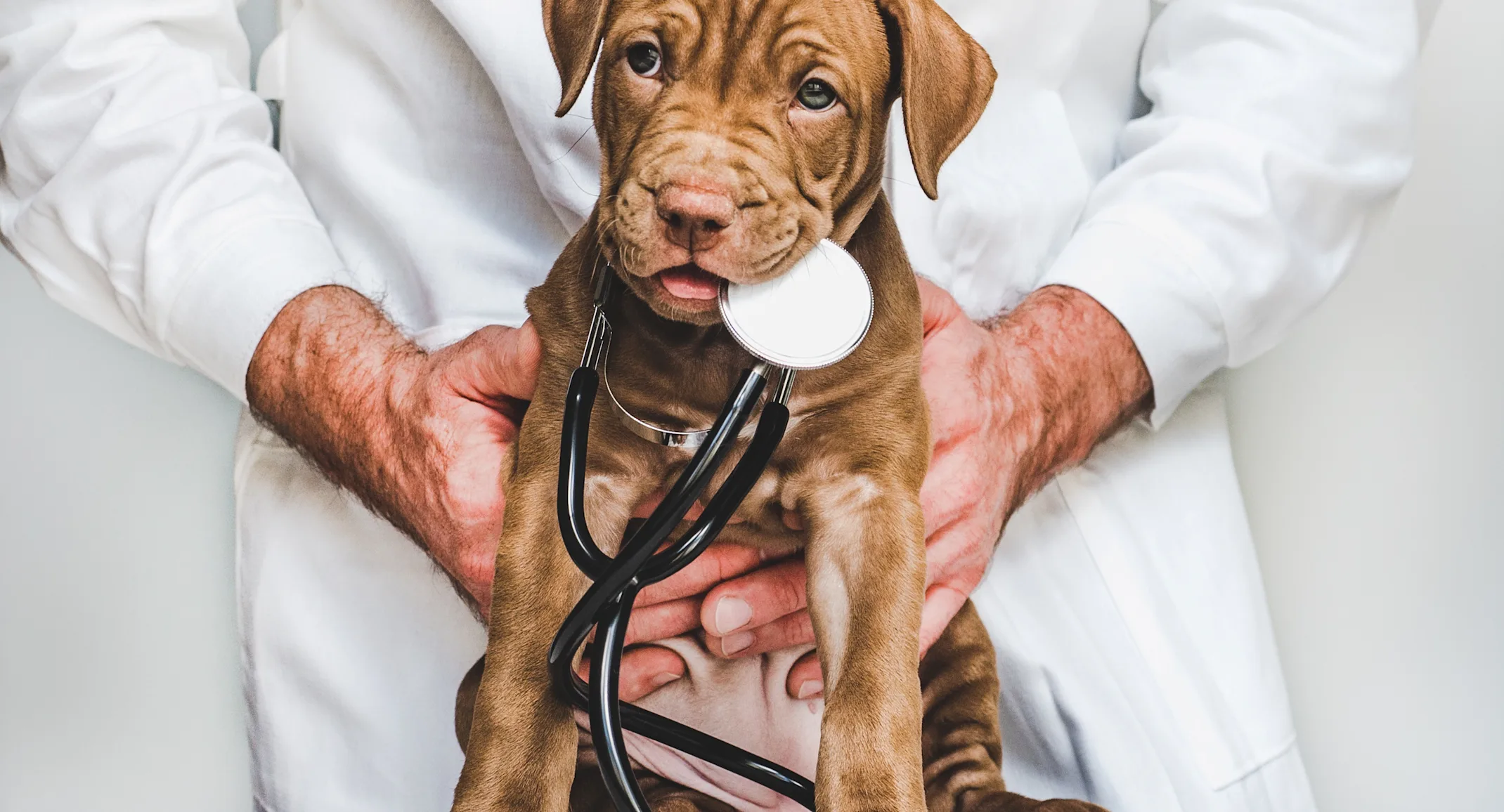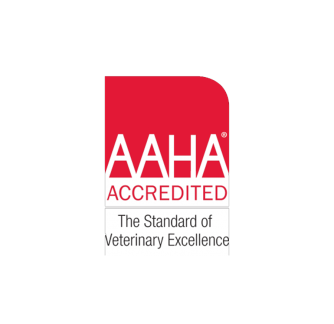Protecting Your Puppy from Parvo
Pet Safety

What is Parvovirus?
Canine parvovirus is a highly contagious viral infection that affects a dog’s gastrointestinal and immune system and in rare cases can damage their heart muscles.
How Parvo is Transmitted
Parvovirus spreads through contact with infected feces, and it can be easily tracked in on shoes, clothing, or objects like leashes and toys and can be brought into a yard by wildlife. Once a dog is infected, the virus rapidly replicates in their body, particularly in the gastrointestinal tract, and the dog becomes contagious even before symptoms appear.
The virus can also live on surfaces for extended periods (sometimes up to 6 months or longer), so places like parks, dog runs, and even pet stores can be hotspots for exposure.
Signs of Parvo
Parvovirus attacks rapidly dividing cells, which includes the cells lining your dog’s intestines, leading to severe gastrointestinal symptoms. Common signs of parvo include:
Severe vomiting
Bloody diarrhea (often with a distinct foul odor)
Lethargy or weakness
Loss of appetite
Fever (although not always)
Dehydration (often severe, due to fluid loss from vomiting and diarrhea)
In severe cases, the virus can cause shock, organ failure, and death. If you notice any of these symptoms, it is critical to seek veterinary care immediately.
Who is Most at Risk?
While all dogs can contract parvo, certain groups are at higher risk, including:
Puppies: Puppies between 6 weeks and 6 months are particularly vulnerable because they have not yet received a full series of vaccinations.
Unvaccinated dogs: Dogs that have not completed their vaccination series or are overdue for booster shots are at higher risk.
Immunocompromised dogs: Dogs with underlying health conditions or weakened immune systems are also more likely to develop severe cases of parvo.
Preventing Parvo: Vaccination is Key
The best way to prevent parvovirus is through vaccination. Puppies typically receive a series of vaccinations starting at 6-8 weeks of age, with booster shots administered every 3-4 weeks until they are 16-20 weeks old. After this initial vaccination series, your dog will require booster shots every 1-3 years depending on your vet's recommendations.
In addition to vaccination, other preventive measures include:
Avoiding exposure: Until your puppy is fully vaccinated, avoid taking them to places where other dogs frequent, such as dog parks and pet stores.
Proper hygiene: Clean and disinfect your dog's living area regularly, especially if they’ve had contact with other dogs.
Limiting contact with sick dogs: If you know of any dogs with symptoms of parvo, avoid letting your dog come into contact with them or their environment.
Be careful with dog meet-ups: It’s best to ensure your puppy only plays and interacts with dogs that are up-to-date on their parvo vaccinations.
Regular vet visits: Regular veterinary visits help identify and treat conditions that can weaken your dog's immune system, such as intestinal parasites. These conditions can make your dog more susceptible to serious infections like parvovirus.
What to Do if You Suspect Parvo
If you suspect your dog has parvo, it’s crucial to act quickly. Parvovirus is a serious illness that can progress rapidly, and early intervention can improve the chances of survival.
1. Contact your veterinarian immediately: Parvo requires urgent medical care. Your vet will conduct tests, often a fecal test, to confirm the diagnosis.
2. Hospitalization and treatment: In severe cases, dogs with parvo may require hospitalization. Treatment typically includes:
IV fluids to prevent dehydration
Antiemetics to control vomiting
Antibiotics to prevent secondary bacterial infections due to a weakened immune system
Nutritional support to help your dog recover
Recovery time can vary depending on the severity of the infection, but many dogs make a full recovery with prompt and intensive care.
Can Humans Get Parvo?
No, parvovirus is a dog-specific virus and cannot be transmitted to humans or other animals. However, pet parents should take precautions to prevent the spread of the virus, such as cleaning their shoes and hands after coming into contact with potentially contaminated areas.
The Prognosis for Dogs with Parvo
While parvo is a serious disease, the prognosis for infected dogs has improved significantly with advances in veterinary care. Puppies or dogs who receive early treatment have a much better chance of survival. However, the mortality rate remains high in untreated cases, especially in puppies younger than 4 months old, who are more vulnerable.

